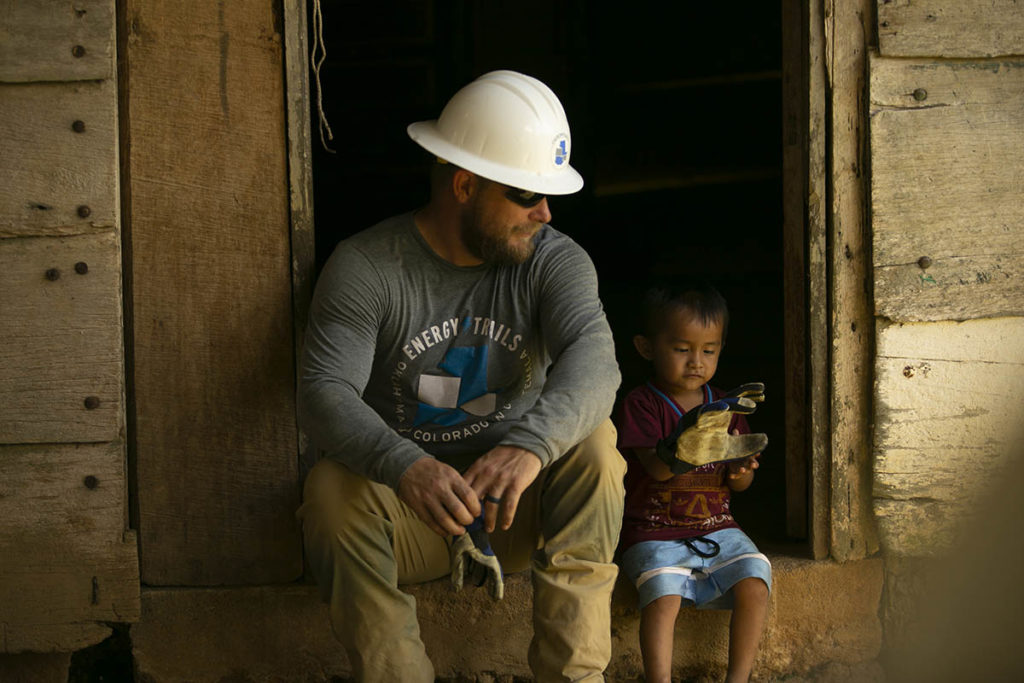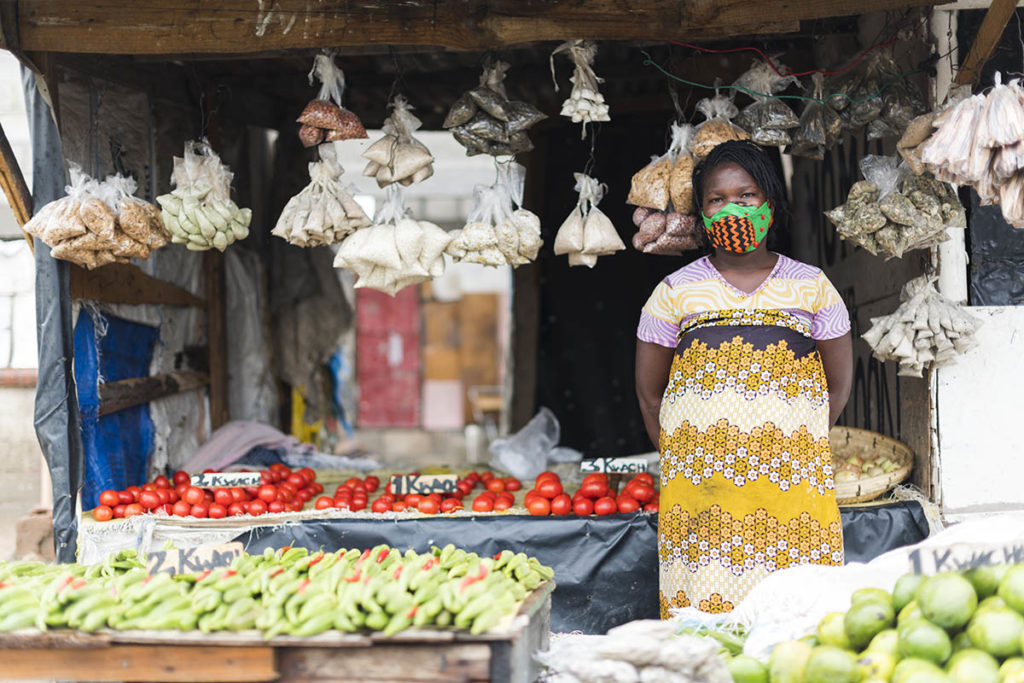
NRECA International is heading into 2022 with a new contract to create electric cooperatives in Zambia and the hope that volunteer electrification efforts by American co-op crews can resume in Guatemala this summer.
While the global COVID-19 pandemic continues to create challenges and uncertainties, NRECA International is doing its best to forge ahead, said Dan Waddle, the nonprofit organization’s senior vice president.
“There’s kind of a shared acceptance that, yes, this has been a very difficult moment in human history, but we need to move forward,” Waddle said. “We can’t tread water forever. We are making the contributions that we can make in the moment.”
One of those contributions will come in the south-central African nation of Zambia, where NRECA International recently signed an agreement with the U.S. Agency for International Development to help develop five electric co-ops powered by microgrids. The $5.3 million Zambia Electric Cooperative Development Program is part of an effort to move the nation closer to its goal of universal electrification by 2030.
Microgrids are key in nations such as Zambia where the electrical grid supplies power to just a fraction of the population, Waddle said. Only about 31% of Zambia’s residents are connected to the grid, according to USAID.

“In most cases these days, microgrids are the least-cost technology, funded through donor agencies that make the money available as part of climate change funding,” he said. “So, by definition, these projects have to be green in nature.”
Waddle said there is rising interest from USAID and the African Development Bank to invest in the co-op model for electrification efforts. NRECA International is working on co-op development projects supported by USAID in Nigeria and Uganda as well as Zambia.
“It’s become pretty clear that private-sector funding will only take the expansion of electricity so far,” Waddle said. “In places where private, for-profit entities cannot make the rates of return that they need, consumer-owned utilities have a much more significant role to play.”
Waddle is also hopeful that NRECA International can resume its popular volunteer program in which lineworkers from U.S. co-ops help bring electricity to remote villages in developing nations. Volunteer efforts stopped in March 2020 when the pandemic caused border closings and lockdowns in many of the countries where NRECA International works. The plan is for the volunteer program to be revived in Guatemala in June.
“My sense is that it will likely happen,” Waddle said. “We’ve been talking with our co-op partners who were scheduled to work in Guatemala back in 2020. I think there’s a recognition that it’s time to move forward. We’re cautiously optimistic.”
Anyone wishing to help NRECA International’s efforts to bring power to developing nations can donate to the fundraising campaign.
Erin Kelly is a staff writer for NRECA.